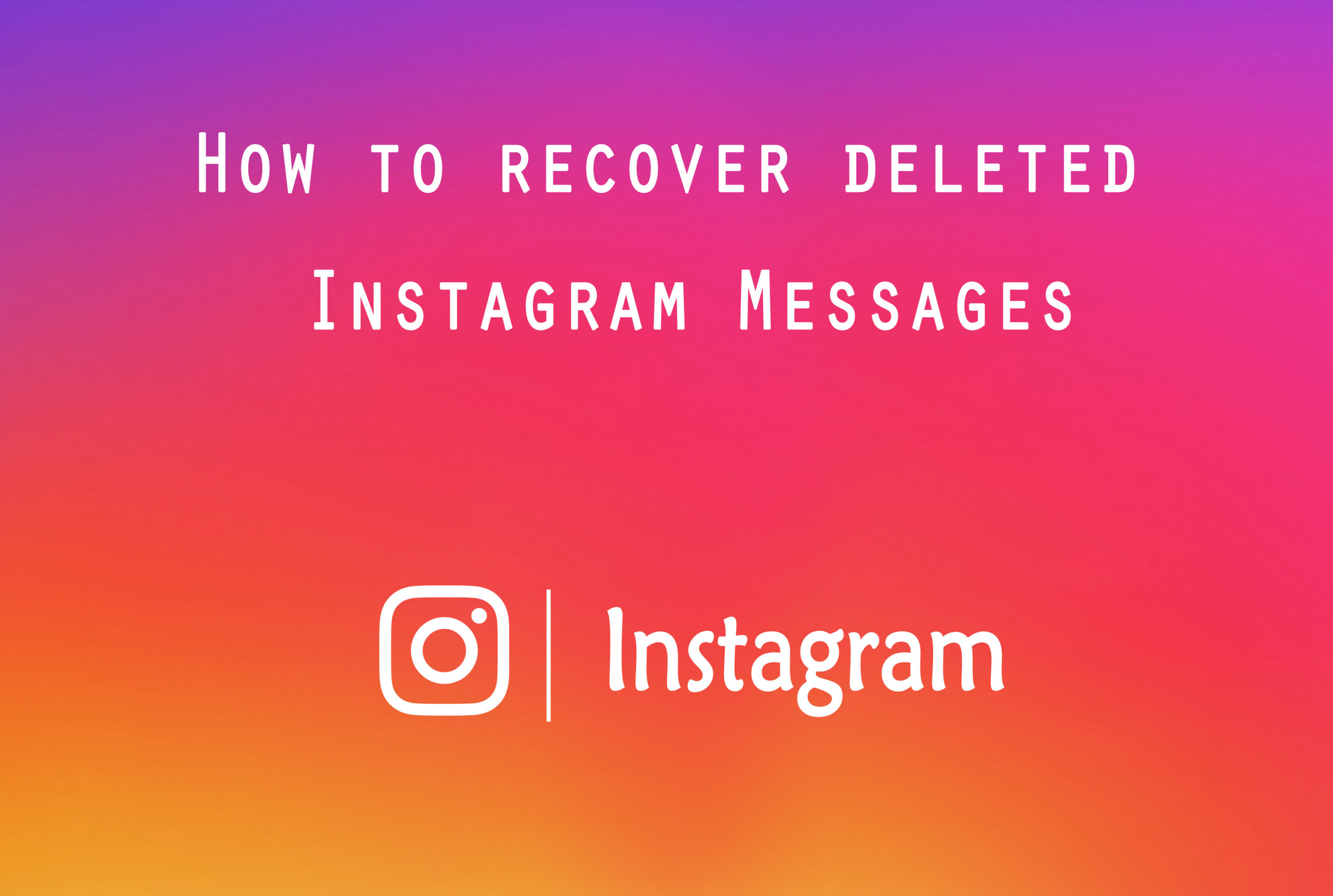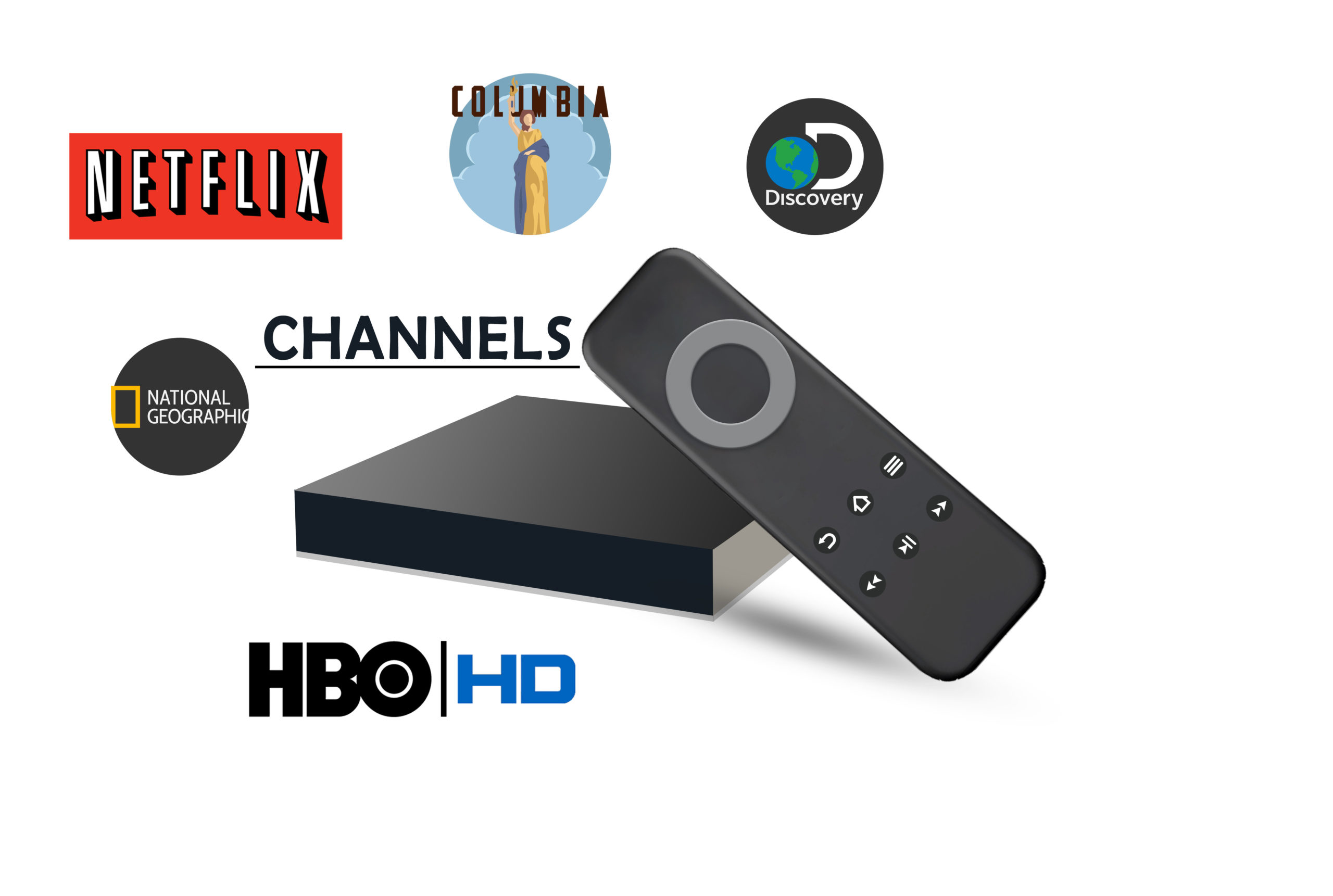In a world of increasing digitization and continuously growing technologies, it has also allowed us to engage with photographs creatively while retaining the immense resolution of the images. However, with the increasing digitization and the large file size comes the issue of storage and organization.
Where do all these photos go, and how do you manage them effectively to access them easily?
Therefore, managing, organizing, and storing digital media in a cloud with enough storage space and tools to easily access these large image galleries becomes essential.
However, not all photo organization software programs are the same. One type of software that might work for a photographer might not be suitable for some other media-related business. Modern businesses need organization software programs that go beyond the traditional organization.
Therefore, in this article, we have curated a list of the top 6 photo organization software programs you choose according to your needs and requirements.
It also comes with an assortment of photo organizing tools, including auto-tagging of images, which makes it easier to search for them, uploads images from messages and email attachments directly, organizes images through rating flags and albums, etc. Lightroom also allows you to upload pictures from desktop, mobile, and the web, and you can manage your image gallery from either your mobile or desktop device.
The software also comes with a step-by-step guide and tutorials to help beginners get started. Initially, it provides one terabyte of storage space for free; however, more space can be bought whenever necessary.
Free, open-source application for more advanced users
digiKam is open-source software that permits its users to navigate the software, making it perfect for businesses on a budget. digiKam is designed for users needing a more advanced technical application for advanced-level photo organizing and editing. While not for beginners, it’s perfect for users with experience in editing and programming. One of its plus points is that it doesn’t come with many mandatory updates, thus saving time and keeping the software consistent.
You can easily export your assets from within the app to various other platforms, including Google Drive, Pinterest, etc. It also allows users to navigate in their galleries through metadata details and helps find images through labels, names, etc., or by shot properties using a powerful search tool. You can also edit your pictures and improve them using a collection of powerful filters. The software also provides quick access to post-processing tools for better workflow.
However, despite the various features, digiKam is not for everyone. The multiple features might feel overwhelming to a new user; therefore, make sure it’s within your range of technical capabilities before you decide to use it.
Best management software ($20.99 per month).
Adobe Bridge, software for Windows and Mac, is an easy-to-go program known for its advanced editing tools, which help you organize, edit previews, and easily upload multiple pictures.
One of its key features is to allow users to upload photos from various devices, including digital cameras, card readers, mobile phones, etc. Its metadata search and filter options help users organize, find, and organize their image libraries. In addition, it also allows users to edit metadata and add keywords, labels, etc., to help in organizing images.
Additionally, the preview option allows you to visualise your images, and it also allows you to open your image and edit directly in the Adobe Creative Clouds app. You can also create your Adobe website directly from Bridge.
Adobe Bridge is a paid-for tool that comes with the whole Creative Cloud package and costs $20.99/month with a 2GB hard drive space. Apart from this, it also supports HIDPI and Retina screens.
Best for beginners looking for free photo management software.
Magix Photo Manager is a free photo organising software that allows users to categorise images based on size, state, and location in addition to sorting and editing photos and videos.
The software’s user-friendly UI allows users to make standard edits on photos, produce easily shareable slideshows and directly import pictures from the camera. It also provides some standard editing features that will enable you to optimize the image’s colour, sharpness, brightness, contrast, etc
You can easily back up your data on DVD CDs or hard drives and share videos and images from the Magix dashboard to various social media platforms. The Cloud import also helps users combine their photo libraries and organise them in all types and formats. You can also add filters like names and locations for easy sorting and locating photos and videos. The Magix Photo Manager is initially free to manage and categorise your photos and videos, but you’ll have to pay for more advanced photo management and editing upgrades.
Free software for beginners and small businesses
Google Photos is a free photo management software easily available on the web and mostly comes as one of the built-in apps on most mobile phones. It automatically backs up photos and videos from your devices and can be easily accessed from any of your devices. It lets you sync your files to all your devices automatically organise all your assets and make them easily searchable by entering relevant keywords. It also allows object search through the files if, in case, you want to find a file whose name you don’t remember.
Moreover, you can effortlessly upload images and videos by either dragging and dropping directly from your system to Google Photos or using the upload button to transfer various types of files. You can also upload images in various resolutions following your storage space availability.
In addition, you can also share your photos or videos with an individual or a group for free by sharing the link through any social media platform. Google Photos also offers standard editing tools and various filters that you can use to edit your photos. Google Photos are entirely free with unlimited storage and, therefore, perfect for beginners or small businesses.
Best for photo editing for beginners ($4.99/month)
Zoner Photo Studio is a simple-to-use photo organising software with four separate sections: Manager, Develop, Create, and Editor. Some of its features include RAW processing, layer support, presets, retouching tools, video editing and cataloguing.
Its simplistic interface and regular updates and upgrades in features make it a universal editing and organising tool. The software also allows users to sort their photos through names, tags etc., and can easily search them using keywords. The software also automatically backs up the data and sorts your various assets in different folders. You can also instantly copy images from your camera to your computer for sorting.
Zoner also provides the user with a photo editor to enhance their images using various filters and other standard editing tools. You can also export your images to OneDrive, Google Disk, and Dropbox. You can also directly share your pictures and videos on various social media platforms.
In conclusion, these are the best photo organising software that we recommend. However, there is no shortage of organising software on the web. If you couldn’t find your ideal app here, maybe you would like to try a few of these software for organizing your photos. There are various options out there.
You must make an informed choice to opt for software that fits your needs the best. You must remember that each software has its unique features, which might not be unanimously suitable. While making a choice consider your current and near-future digital requirements, and you’ll be able to choose a software that fits you best.
Suggested:
How to make money by Selling photographs Online?
Tips for Editing Website Photos to Look Great.
12 Apps that Make Your Photographs Look Better.
Like this:
Like Loading...













 Hootsuite vs Buffer: Which is the better Social Media Management Tool?
Hootsuite vs Buffer: Which is the better Social Media Management Tool?
I totally adore this blog, it was extremely helpful to all. Thanks for giving your best to make a wonderful and informative post to all.